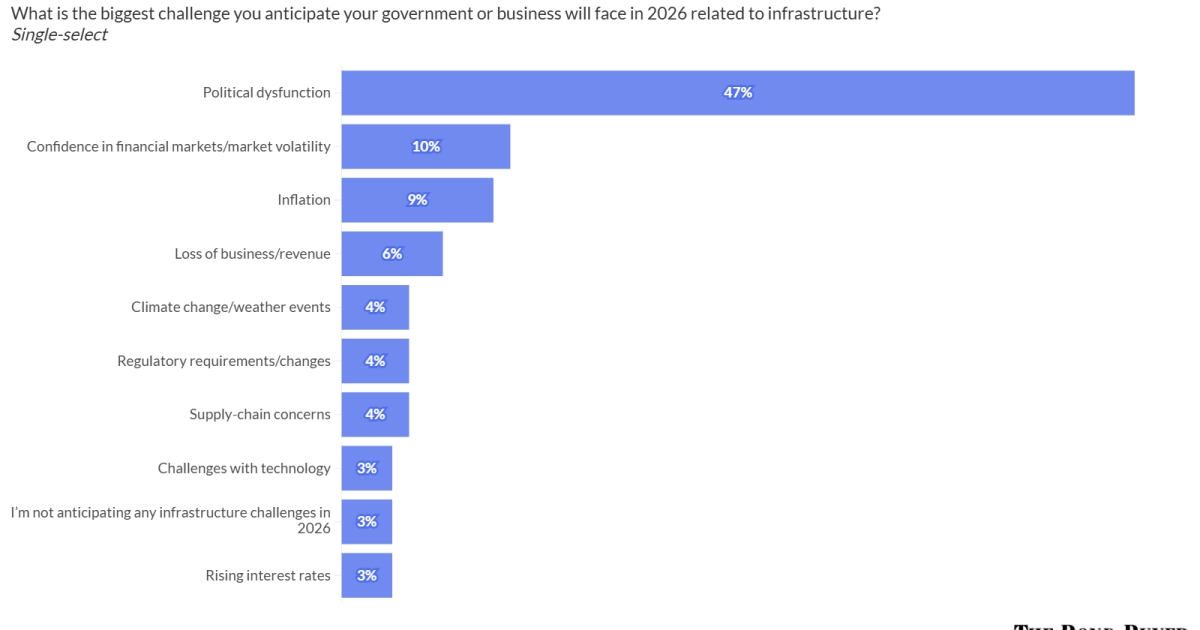House Republicans target CalPERS for ESG investment strategy
3 min read

The country’s largest public pension fund came under fire Wednesday from House Republicans, who accused the fund of being part of a “climate cartel” that illegally colludes with other investors to try to force companies to reduce their carbon footprint.
The California Public Employees’ Retirement System was one of four witnesses called by the Republican majority on a House Judiciary subcommittee to defend their environmental, social and governance-related investment practices. The Republicans accused the institutional investors of violating antitrust laws in their efforts to fight climate change.
The Subcommittee on Antitrust, Commercial and Administrative Law launched the ESG investigation in 2022, subpoenaed tens of thousands of documents, including from CalPERS, and on Tuesday released a
The so-called cartel includes investing giants like CalPERS as well as Blackrock, Vanguard and State Street Global Advisors, which Republicans accuse of colluding “to decarbonize companies by leveraging negotiations with management, shareholder resolutions, and board of director votes.”
Bloomberg News
The hearing is the
Other witnesses at Wednesday’s hearing included nonprofit sustainability consultant Ceres and Arjuna Capital, which along with CalPERS are members of Climate Action 100+, a group of more than 700 investors focused on reducing emissions. Minnesota Attorney General Keith Ellison, who defended climate-related investment decisions and sits on the board of the Minnesota State Board of Investments, also testified.
“The climate cartel is engaged in anticompetitive collusion to impose radical environmental, social and governance, or ESG goals, on the American people,” said subcommittee chair Rep. Thomas Massie, R-Ky. “The fact that you think you have a noble reason is not enough to get you around the law,” Massie said. “It ends up raising prices, lowering production and it’s not good for society.”
CalPERS interim Chief Investment Officer Dan Bienvenue
“This is not collusion, it’s collaboration,” said Bienvenue of the fund’s involvement with Climate Action 100+ and others to call for more climate-related disclosure and consider risks when making investment decisions.
CalPERS’ portfolio totals just under $500 billion and pays out $31 billion a year to retirees, Bienvenue said. “As a fiduciary and a long-term investor, CalPERS considers many risks to its portfolio. This includes climate-related risks,” he said. “It would be irresponsible for us to ignore factors that can fundamentally impact the long-term viability of investments.”
Democrats on the committee dismissed the antitrust allegations as “embarrassing” and “absurd.”
“This hearing is not about antitrust law or antitrust violations,” said Rep. J. Luis Correa, D-Calif., the subcommittee’s ranking Democrat. “This hearing is about going after responsible fiduciary investing and shareholders who are essentially exercising their legal rights under the law.”
Rep. Eric Swalwell, D-Calif., noted that the Teachers Retirement System of Texas, the largest in the Lone Star state, reported a return of 3.85% in the last fiscal year compared to CalPERS’ 6.1% return.
“So everything is bigger in Texas except the returns on their pension funds because of their anti-ESG policies,” Swalwell said. “Maybe they should be listening more to you and your strategies, Mr. Bienvenue.”







